
Introduction: The Last Pharaoh of Egypt
The Last Pharaoh of Egypt In the annals of history, few figures stand as tall and captivating as Cleopatra VII, the last pharaoh of Egypt. Her name resonates through time, a symbol of power, intellect, and unwavering determination. Born in 69 BCE, Cleopatra ascended to the throne of Egypt at a pivotal moment in the nation’s history, navigating treacherous political waters with unparalleled grace and strategic brilliance as the Last Pharaoh of Egypt.
The Last Pharaoh of Egypt hailed from the illustrious Ptolemaic dynasty, a lineage of Greek rulers who, rather ironically, governed over Ancient Egypt. This was a time of great upheaval and transition as the Hellenistic influence mingled with the rich tapestry of Egyptian culture. Cleopatra, though of Greek descent, was deeply entrenched in the traditions of her adopted homeland, a fact that would shape her rule in profound ways as the Last Pharaoh of Egypt.

The Last Pharaoh of Egypt As the last sovereign of Egypt, Cleopatra’s reign was not only a capstone to a storied dynasty but a testament to her indomitable spirit and intelligence. Her impact reverberated far beyond the banks of the Nile, echoing through the annals of history to shape the course of civilizations for centuries to come.
The era in which Cleopatra ruled was rife with political intrigue and shifting allegiances. Egypt was a coveted jewel in the eyes of rival powers, with the likes of Rome and Parthia vying for control of its vast resources and strategic importance. Against this tumultuous backdrop, Cleopatra navigated with finesse, forming strategic alliances and using her unparalleled diplomatic skills to safeguard her kingdom.
The Last Pharaoh of Egypt But Cleopatra’s legacy isn’t confined to the pages of history books. Her influence extended into the realms of culture, art, and philosophy, leaving an indelible mark on the collective consciousness of humanity The Last Pharaoh of Egypt Her patronage of scholars and artists fostered an environment of intellectual flourishing, contributing to the rich tapestry of human knowledge that we still draw upon today Last Pharaoh of Egypt.

The Last Pharaoh of Egypt As we embark on this journey through the life and times of Cleopatra VII, the last pharaoh of Egypt, we will unravel the intricacies of her rule, examining the key events and decisions that defined her reign. We will delve into the fascinating interplay of cultures, the political machinations that shaped an empire, and the enduring legacy of a woman who defied convention and left an indelible mark on the sands of time.
Join us as we step back in time to an era of opulence and intrigue, and witness the extraordinary life of Cleopatra VII, a ruler whose legacy continues to captivate and inspire us to this day.
1. Cleopatra’s Early Life and Rise to Power
Cleopatra VII, the enigmatic and powerful ruler of Ancient Egypt, was born in 69 BCE in the illustrious city of Alexandria. She was the offspring of the Ptolemaic dynasty, a lineage of Greek rulers who had established themselves as the rulers of Egypt after the conquests of Alexander the Great. Cleopatra’s lineage is traced back to Ptolemy I, one of Alexander’s trusted generals, who seized control of Egypt in the wake of Alexander’s demise.
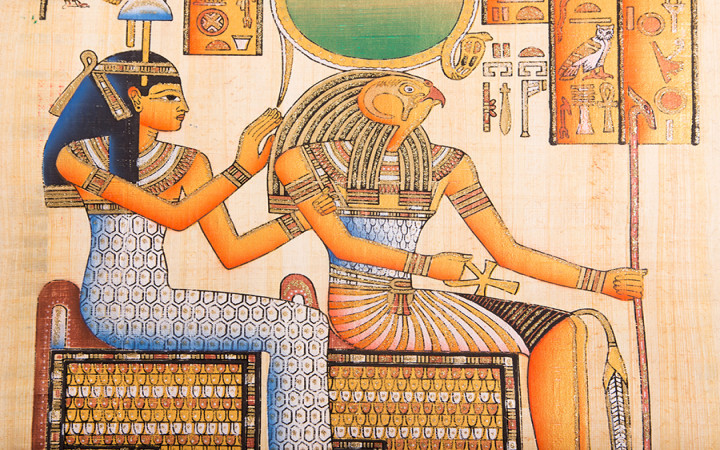
The Ptolemaic dynasty was a complex tapestry of Hellenistic and Egyptian influences. While they ruled over Egypt, the Ptolemies adopted many of the customs and traditions of their subjects, blending Greek and Egyptian cultures in a distinctive fusion. Cleopatra, in particular, held a deep affinity for the ancient Egyptian way of life, making it a cornerstone of her rule.
From an early age, Cleopatra exhibited a keen intellect and an insatiable curiosity. She was well-versed in various languages, including Greek, Egyptian, and other regional dialects, which served her well in the diverse and cosmopolitan society of Alexandria. Her education was comprehensive, encompassing a wide range of subjects from philosophy to mathematics, further attesting to her remarkable intellect.
Cleopatra’s family background was marked by the intricate web of alliances and rivalries that characterized the Ptolemaic dynasty. The dynasty’s practice of intermarriage among close relatives, though intended to consolidate power, often led to internal strife and competition for the throne. Cleopatra herself was no stranger to this turbulent familial dynamic, and her early years were shaped by the complex political landscape of the Ptolemaic court.
The political climate of the Ptolemaic dynasty was marked by external threats and internal power struggles. Egypt, once a formidable empire, now found itself caught between the expanding ambitions of Rome and the encroaching influence of Parthia. The Ptolemaic rulers were tasked with maintaining a delicate balance between these regional powers, all while contending with their own internal disputes.
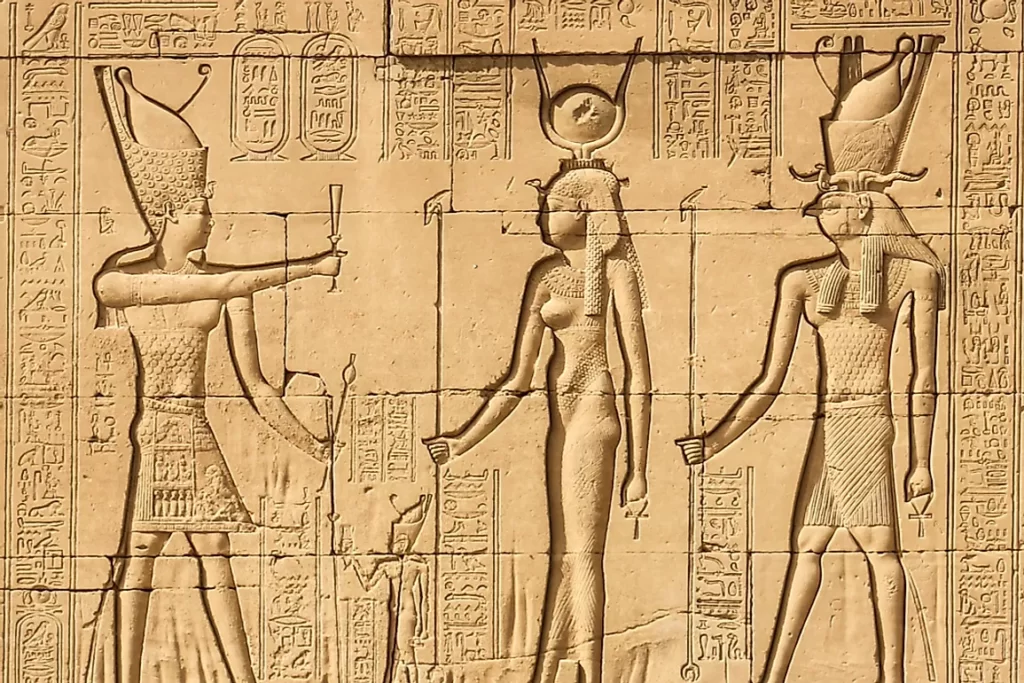
Cleopatra’s ascent to the throne was fraught with challenges. In 51 BCE, her father, Ptolemy XII Amulets, passed away, leaving the kingdom in the hands of a young and inexperienced Cleopatra, who was just 18 years old at the time. She inherited a realm grappling with economic difficulties and political unrest, exacerbated by her father’s tumultuous reign.
Upon assuming power, Cleopatra faced immediate opposition from factions within her own court, as well as external threats from her brother, Ptolemy XIII, who sought to claim the throne for himself. This power struggle would set the stage for one of the most intriguing chapters in Cleopatra’s life, as she navigated the treacherous waters of palace politics and plotted her course towards consolidating her rule.
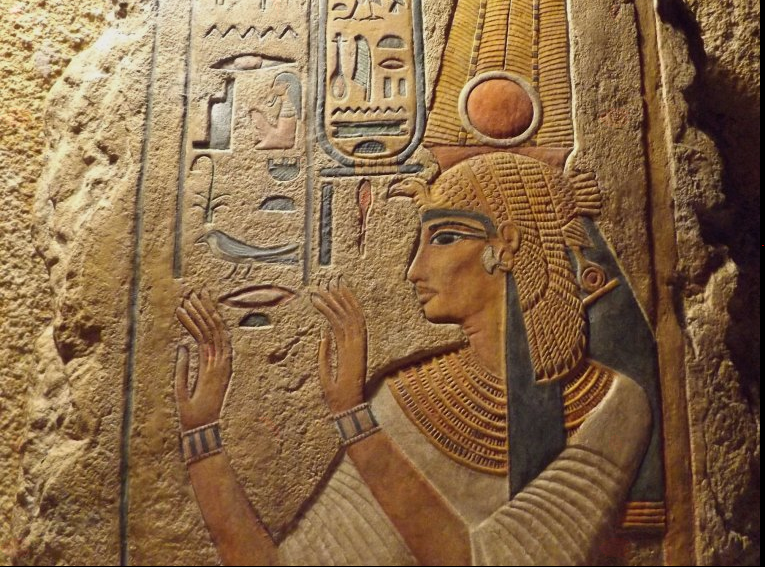
Cleopatra’s early years on the throne were marked by a series of shrewd political maneuvers and strategic alliances. She proved herself a capable and astute leader, leveraging her intellect and charisma to win over influential figures both within and outside of Egypt. Through a combination of diplomacy, cunning, and a keen understanding of the intricacies of power, Cleopatra began to solidify her position as the dominant force in the Ptolemaic court.
In the next section, we will delve deeper into Cleopatra’s reign, exploring her dynamic relationships with key figures of her time, and the pivotal events that would shape her legacy as the last pharaoh of Egypt.
Cleopatra’s Reign: A Time of Brilliance
Cleopatra’s ascension to power marked the beginning of a transformative era for Egypt. Her reign was characterized by a remarkable display of political acumen and diplomatic finesse, which solidified her position as one of the most influential rulers in the ancient world.
Cleopatra’s Political Acumen and Diplomatic Skills
One of Cleopatra’s most striking attributes was her exceptional political acumen. She possessed a rare ability to navigate the complex web of alliances and rivalries that defined the geopolitical landscape of her time. Cleopatra understood the strategic importance of maintaining alliances with powerful external forces, and she masterfully utilized her intellect and charm to forge key relationships.
One of the most notable examples of Cleopatra’s diplomatic prowess was her relationship with Julius Caesar, the renowned Roman statesman and military commander. In 48 BCE, faced with the threat of her brother Ptolemy XIII’s rebellion, Cleopatra saw an opportunity to secure Roman support. She famously arranged to meet Caesar in Alexandria, where she captivated him with her intelligence, wit, and charisma.
Detailing Relationships with Julius Caesar and Mark Antony
Cleopatra’s relationship with Julius Caesar would prove to be a pivotal turning point in both her personal life and her reign. The connection between the Egyptian queen and the Roman general was not solely based on political expediency; genuine affection and mutual respect blossomed between them. Caesar, captivated by Cleopatra’s intellect and strength of character, became her ally and lover.
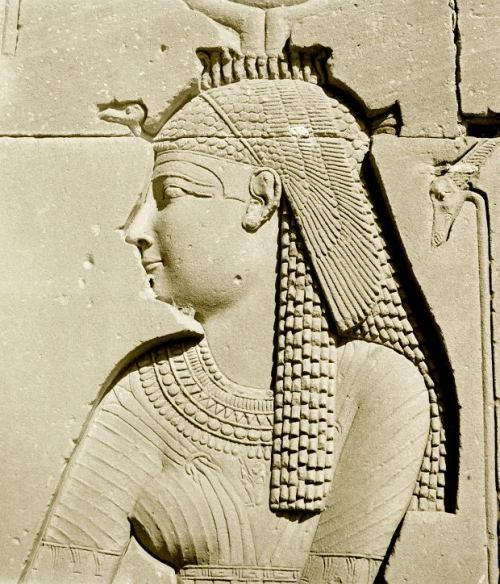
Their union resulted in the birth of a son, Caesarion, whom Cleopatra believed to be the rightful heir to both Egypt and Rome. This union solidified Cleopatra’s connection to Rome and further secured her position as the ruler of Egypt.
Following Julius Caesar’s assassination in 44 BCE, Cleopatra’s fortunes took a complex turn. She sought to maintain her influence in Rome by aligning herself with Caesar’s trusted ally, Mark Antony. Antony, like Caesar, was captivated by Cleopatra’s charisma and intelligence. Their relationship evolved into a powerful political partnership, with Cleopatra providing invaluable support to Antony in his struggle for control in Rome.
Efforts to Strengthen Egypt’s Economy and Culture
Cleopatra was not only a shrewd political operator but also a visionary leader with a deep commitment to the prosperity and cultural richness of Egypt. Recognizing the economic challenges facing her kingdom, Cleopatra implemented a series of reforms aimed at revitalizing Egypt’s economy.
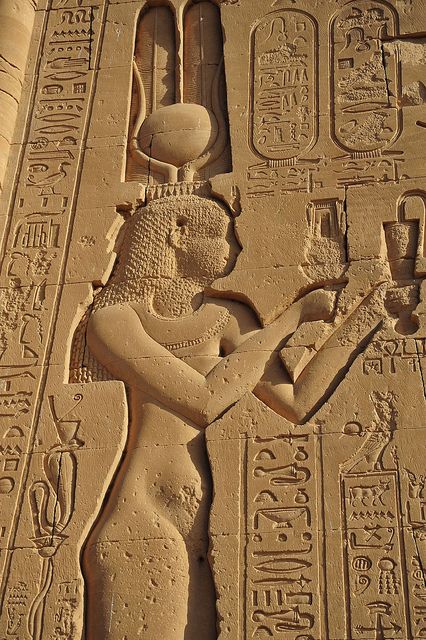
She invested in agricultural development, seeking to maximize the productivity of the fertile Nile Delta. Additionally, Cleopatra fostered trade relationships with neighboring regions, expanding Egypt’s economic reach and ensuring a steady flow of resources to sustain the kingdom.
Cleopatra’s reign also witnessed a flourishing of cultural and intellectual pursuits. She was a patron of the arts and sciences, attracting scholars, poets, and philosophers from across the known world to Alexandria, which emerged as a beacon of intellectual enlightenment. The Library of Alexandria, a renowned center of learning, experienced a renaissance under Cleopatra’s patronage, further solidifying her legacy as a promoter of knowledge and culture.
In the next section, we will delve into the events that would ultimately lead to Cleopatra’s downfall, as she grappled with the changing tides of Roman politics and faced the formidable rise of Octavian, later known as Augustus Caesar. Cleopatra’s indomitable spirit and strategic brilliance would be put to the ultimate test.
The Fall of Cleopatra: Tragedy and Legacy
As Cleopatra’s reign unfolded, the political landscape underwent seismic shifts, ultimately leading to her tragic downfall. The events that culminated in the demise of Egypt’s last pharaoh are a testament to the complex interplay of power, ambition, and fate.
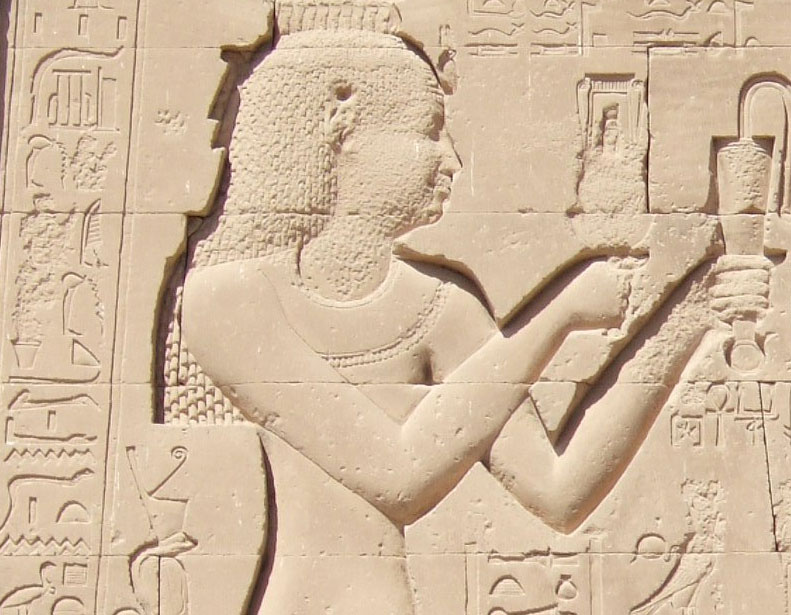
Events Leading to Cleopatra’s Downfall
The turning point came with the rise of Octavian, the adopted son and heir of Julius Caesar, who later became known as Augustus Caesar. Octavian’s ascent to power marked a new era in Roman politics, and he sought to consolidate his authority by eliminating potential rivals. Cleopatra, with her ties to Julius Caesar and Mark Antony, emerged as a formidable threat in Octavian’s eyes.
In 31 BCE, the forces of Octavian clashed with those of Mark Antony and Cleopatra in the Battle of Actium. The battle was a decisive and devastating defeat for Cleopatra and Antony. Faced with overwhelming odds, their forces crumbled, and Cleopatra and Antony were forced to flee back to Egypt.
The Aftermath of Defeat
Cornered and realizing the gravity of their situation, Cleopatra and Antony faced a grim choice. They understood that capture by Octavian would likely result in their public humiliation and eventual execution. In a final, tragic act of defiance, Cleopatra and Antony choose to take their own lives.
Their deaths marked the end of an era, as the once-mighty Ptolemaic dynasty, which had ruled Egypt for nearly three centuries, came to a close. Egypt was now fully under Roman control, becoming a province of the expanding empire.
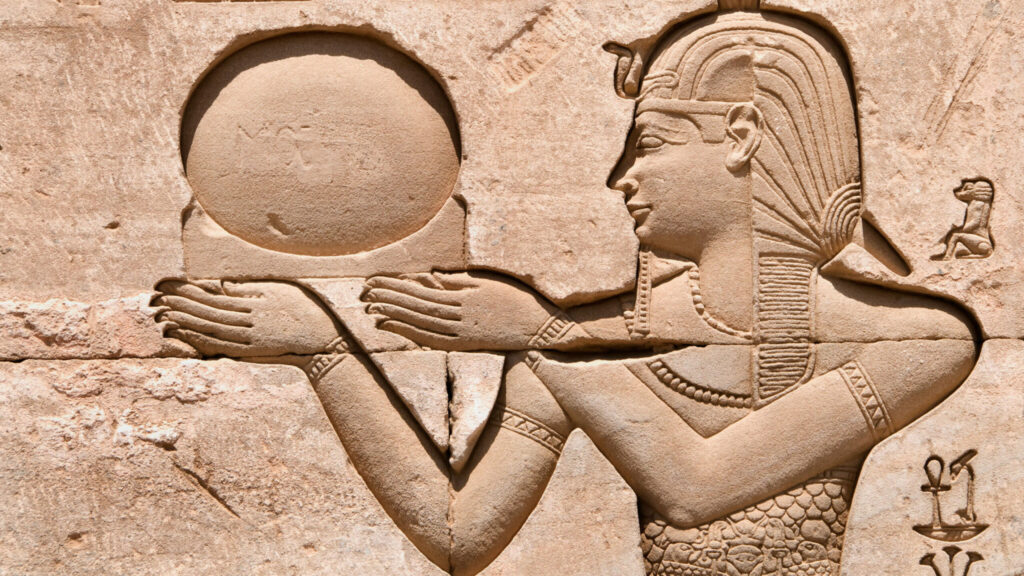
The Lasting Impact of Cleopatra’s Reign
Cleopatra’s legacy, however, would endure far beyond her tragic end. Her reign, characterized by a unique blend of political astuteness, cultural patronage, and unwavering determination, left an indelible mark on the historical narrative.
Her patronage of the arts and intellectual pursuits, particularly in Alexandria, continued to shape the course of human knowledge for generations. The Library of Alexandria, under Cleopatra’s influence, remained a beacon of learning and a testament to the enduring impact of her cultural contributions.
Furthermore, Cleopatra’s story captured the imagination of writers, artists, and thinkers across centuries. Her image became a symbol of female empowerment, independence, and resilience. From Shakespeare’s tragic portrayal to Hollywood’s cinematic interpretations, Cleopatra’s allure and enigma have continued to captivate audiences worldwide.
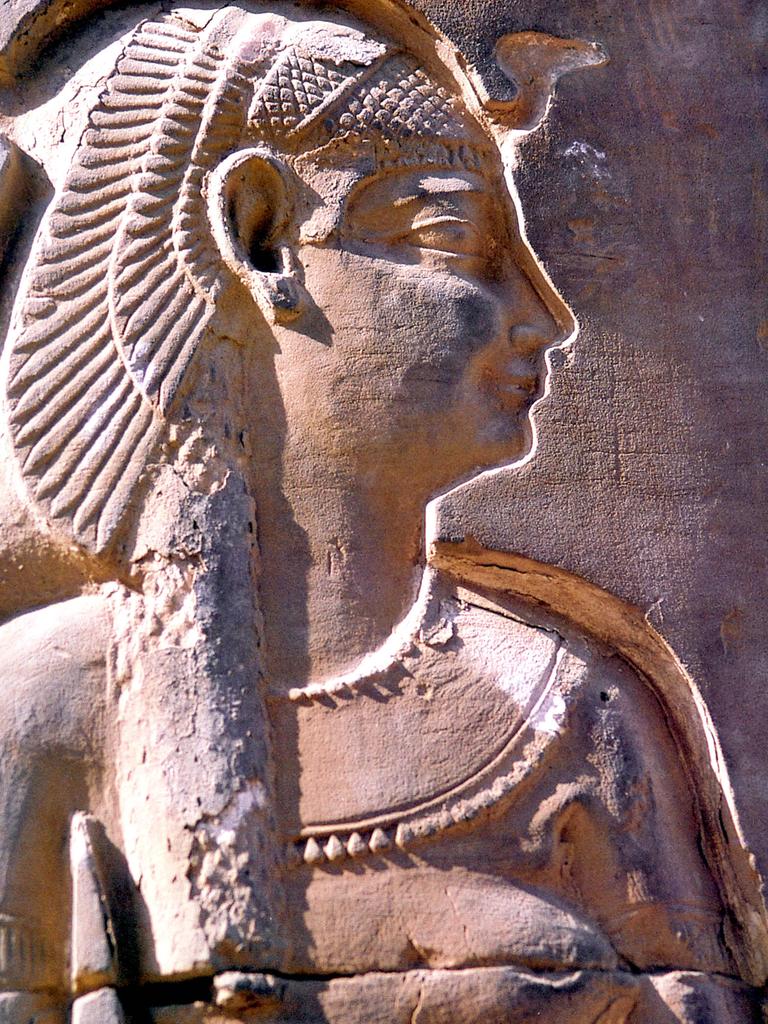
Beyond Egypt, Cleopatra’s influence extended to the broader narrative of women in power. Her ability to navigate the treacherous waters of politics in a male-dominated world served as an inspiration for generations of women leaders who would follow in her footsteps.
In conclusion, Cleopatra’s reign, marked by brilliance and tragedy, remains a testament to the enduring power of a determined and intelligent leader. Her legacy transcends time and borders, leaving an indelible mark on the tapestry of human history. Cleopatra, the last pharaoh of Egypt, stands as an immortal figure, a beacon of strength and sophistication in the annals of the last pharaoh of Egypt.
Cleopatra’s Enduring Legacy
Cleopatra, the last pharaoh of Egypt, remains an icon of power, intelligence, and charisma. Her story has transcended time and continues to captivate audiences worldwide. Through various mediums such as literature, art, and popular culture, Cleopatra’s legacy has been immortalized, shaping our perception of powerful women in historyThe last pharaoh of Egypt.
Portrayal in Literature, Art, and Popular Culture
Cleopatra’s tale has been a fertile ground for creativity and artistic expression throughout history. In literature, she has been a central figure in countless novels, plays, and poems. William Shakespeare’s tragedy “Antony and Cleopatra” immortalizes their legendary love affair, showcasing Cleopatra’s wit and allure. Similarly, modern authors have continued to explore her complex character, offering new perspectives on her life and the last pharaoh of Egypt.
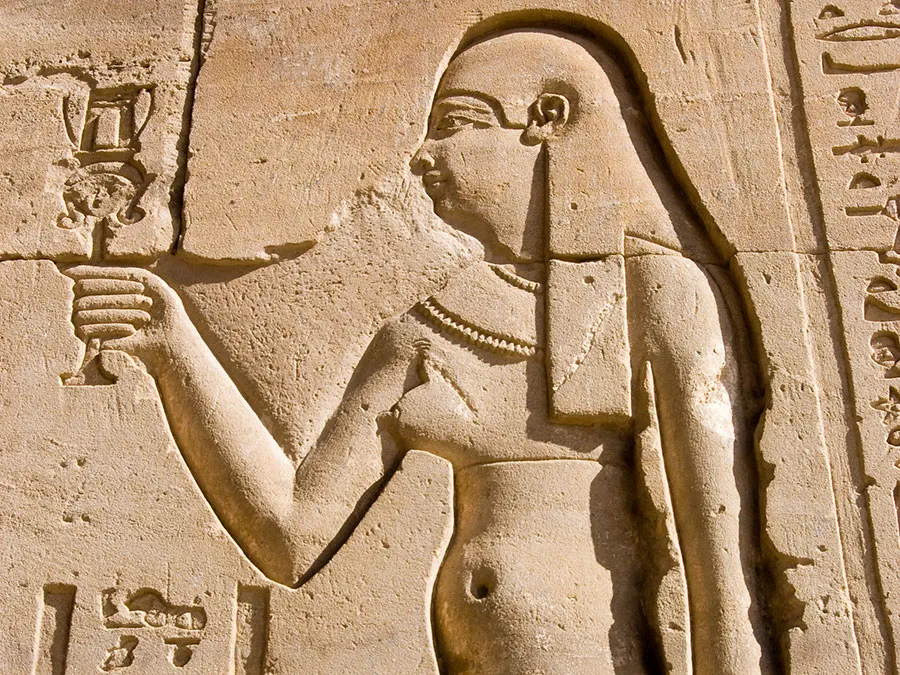
In the realm of art, Cleopatra’s image has graced countless canvases, sculptures, and mosaics. Artists from various epochs have sought to capture her captivating presence and regal demeanor. Her visage, often depicted with intricate Egyptian headdresses and opulent garments, stands as a symbol of beauty and power.
Popular culture, too, has paid tribute to Cleopatra’s indomitable spirit. From Hollywood epics to operas and ballets, her story has been reimagined and reinterpreted for new generations. Actresses like Elizabeth Taylor and Angelina Jolie have portrayed Cleopatra on the silver screen, contributing to the enduring fascination with this iconic historical figure.
Influence on the Perception of Powerful Women
Cleopatra’s legacy extends far beyond the realms of ancient history. Her story has played a crucial role in reshaping our perception of powerful women in positions of authority. In an era dominated by male rulers, Cleopatra’s ability to assert herself as a formidable leader demonstrated that gender should not be a barrier to wielding power effectively last pharaoh of Egypt.
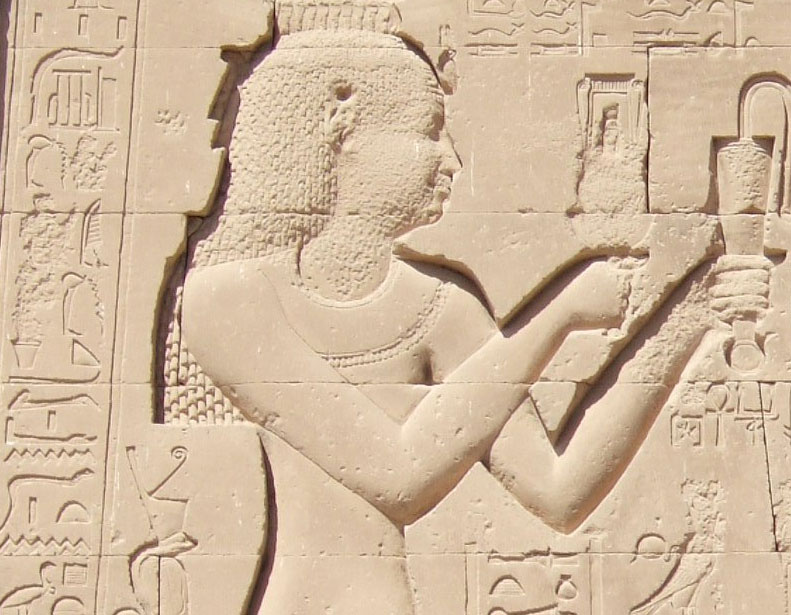
The last pharaoh of Egypt, Her intelligence, strategic acumen, and diplomatic skills serve as a reminder that women have always been capable of making significant contributions in positions of leadership. Cleopatra’s reign challenges traditional notions of female rulers as mere figureheads, highlighting the potential for women to govern with strength and wisdomThe last pharaoh of Egypt.
Furthermore, Cleopatra’s story serves as a cautionary tale against underestimating the capabilities of women in positions of power. Her ability to navigate the complex political landscape of her time, often dominated by powerful male figures, showcases the importance of recognizing and respecting the leadership potential of women.
Continuing Relevance and Fascination in Modern Times
Despite the passage of millennia, Cleopatra’s allure and significance remain as potent as ever. Her story continues to resonate with modern audiences, sparking debates, inspiring works of art, and fueling scholarly inquiry. The enigma surrounding her life, particularly her relationships with Julius Caesar and Mark Antony, continues to be a subject of fascination and intrigue.
Cleopatra’s enduring relevance also extends to discussions of diversity and cultural exchange. As a ruler of Greek descent in an Egyptian context, she embodied the fusion of different cultures, exemplifying the rich tapestry of human history. Her ability to bridge these worlds underscores the universal nature of her appeal and her capacity to transcend cultural boundaries.
conclusion
The last pharaoh of Egypt, legacy is an integral part of our collective cultural heritage. Her influence on literature, art, and popular culture has ensured that her story continues to be told and retold, generation after generationThe last pharaoh of Egypt. As a powerful woman who defied convention and left an indelible mark on history, Cleopatra serves as an enduring inspiration for women leaders and a symbol of the enduring potential for greatness within us all. Her legacy stands as a testament to the timeless power of intellect, charisma, and unwavering determination. Cleopatra, the last pharaoh of Egypt, remains an immortal figure, a beacon of strength and sophistication in the annals of the last pharaoh of Egypt.
The last pharaoh of Egypt, In the grand tapestry of history, Cleopatra VII emerges as a luminary figure, a beacon of strength, intellect, and strategic brilliance. Her reign as the last pharaoh of Egypt left an indelible mark on the annals of time, shaping the course of civilizations and influencing the perception of powerful women in leadership rolesThe last pharaoh of Egypt.
From her early years marked by intellectual curiosity to her ascension to power amidst political turmoil, Cleopatra’s journey exemplifies the resilience and determination that defined her character. Her ability to navigate the treacherous waters of political intrigue, forge alliances, and shape her destiny is a testament to her unwavering spirit.
The last pharaoh of Egypt, relationships with Julius Caesar and Mark Antony, immortalized in literature and art, illuminate the complex interplay of love, politics, and power that defined her era. Her partnerships with these influential figures not only shaped the course of her reign but also left an enduring legacy, sparking fascination and scholarly inquiry for generations to come.
Her contributions to Egypt’s economy and culture, from agricultural reforms to her patronage of the arts, transformed her kingdom into a flourishing center of intellectual and artistic pursuits. The Library of Alexandria, a symbol of human knowledge, stood as a testament to her enduring commitment to education and the last pharaoh of Egypt.
The last pharaoh of Egypt, legacy extends far beyond the confines of ancient history. Her portrayal in literature, art, and popular culture has ensured that her story endures, captivating audiences across centuries. She remains a potent symbol of female empowerment, a reminder that women have always held the potential for greatness and leadership last pharaoh of Egypt.
In our modern world, Cleopatra’s relevance persists. Her ability to transcend cultural and temporal boundaries serves as a testament to the universal nature of her appeal. She stands as an immortal figure, a source of inspiration for leaders, women, and thinkers alike.
The last pharaoh of Egypt, As we reflect on the life and times of Cleopatra VII, the last pharaoh of Egypt, we are reminded of the enduring power of intellect, charisma, and unwavering determination. Her story is not merely a chapter in history, but a beacon that continues to guide us, reminding us of the potential within each individual to shape the course of their own destinyThe last pharaoh of Egypt.
Cleopatra, a queen, a diplomat, a visionary—her legacy is etched in the sands of time, an enduring testament to the timeless capacity for greatness that resides within us all.


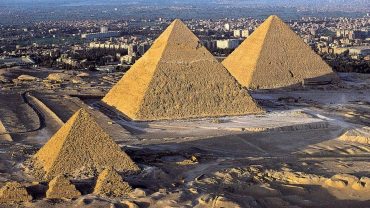
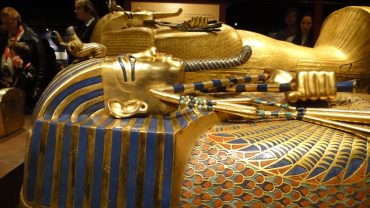

Comment (0)